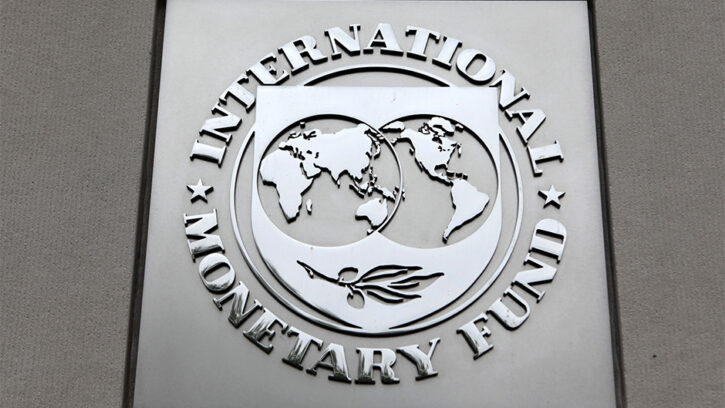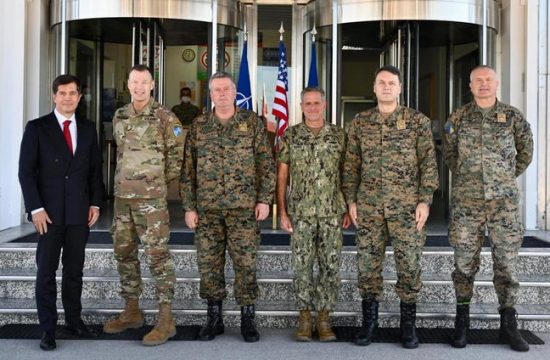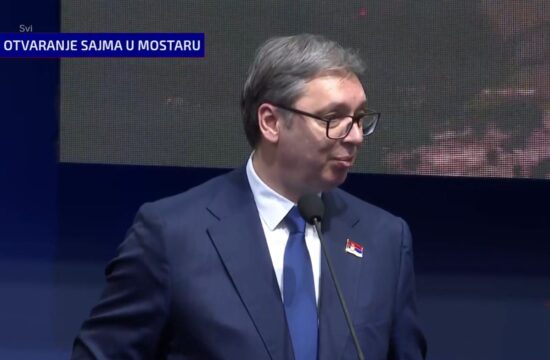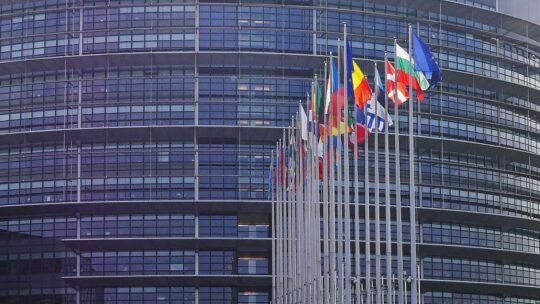
The separatism pursued or announced by the Republika Srpska authorities has already endangered Bosnia and Herzegovina's economic and financial stability, and unless those trends stop, the consequences for the country and entities could be very serious, an International Monetary Fund official has warned.
Romanian Alina Iancu, who has taken over as Mission Chief for Bosnia and Herzegovina at the IMF headquarters in Washington, said in an interview with the Monday issue of Banja Luka's Nezavisne Novine that developments in the country's political affairs called into question estimates that it would see this year a growth of gross domestic product (GDP) of 4.5%.
Political tension hampers macroeconomic policies and reforms, posing a threat to recovery and growth prospects, said Iancu, adding that the IMF was particularly concerned about the potential withdrawal of the RS entity from key state institutions, including the Indirect Taxation Authority of Bosnia and Herzegovina (UNO).
Since 2004, the authority has been in charge of collecting customs duties, excise duties and VAT revenues, which are then distributed among the entities and Brčko District.
Member of the Presidency of Bosnia and Herzegovina Milorad Dodik has announced that the set of laws on the withdrawal of the RS entity from a number of BiH institutions will include a law that will challenge the powers of the Indirect Taxation Authority and that it would collect the VAT and duties by itself.
We think the economic costs of withdrawing (from the UNO) would be significant, also for the RS entity, because it would lead to reduced tax collection and it could affect servicing the country's external debt and its credit rating, Iancu said.
The mission chief for Bosnia and Herzegovina at the IMF said that in circumstances like these, it was extremely important to maintain the stability of the Central Bank of Bosnia and Herzegovina, which has not become a target of Dodik's criticism yet, although by blocking decision-making in the BiH Presidency he has been preventing the appointment of a new governor for months.
In addition to the projection of a 4.5% GDP growth, the IMF foresaw before the current political crisis that Bosnia and Herzegovina's GDP would grow by 3.2% in 2022, but that too will depend on the political developments in the country, especially since inflation in the country is now around 3%.
Despite the fact that inflation in nearly all countries has been growing due to the effect of the coronavirus pandemic on the economy, the IMF said that those pressures would weaken by the middle of next year.
We expect that inflation will continue to increase in the coming months due to a rise in raw material prices, transport costs and strong domestic demand, but in 2021-2022 it will remain below 2% on average, said Iancu, who advises against wage increases as that would only lead to a further price increase.
She suggests that the inflationary shock be overcome by introducing intervention measures to help the most vulnerable categories of the population.





Kakvo je tvoje mišljenje o ovome?
Budi prvi koji će ostaviti komentar!